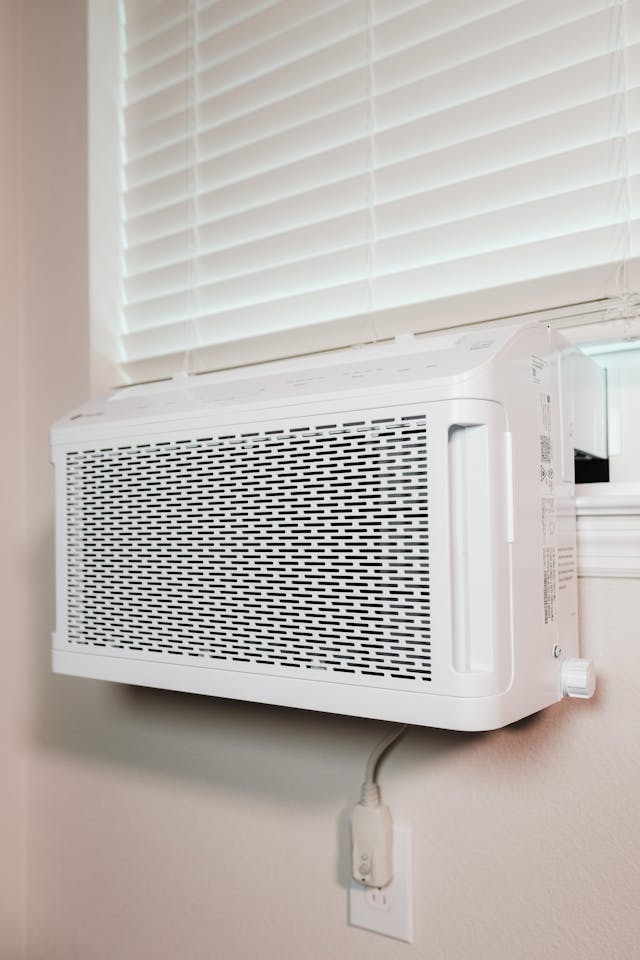By converting sunlight into electricity, solar panels can provide you with clean green electricity which can be used in your home.
Free electricity
Your panel array will generate free electricity by converting sunlight into usable energy which you can use to power your household appliances. By using this free solar electricity in your home you will need to buy less from your energy supplier. This will save you money by reducing your household electricity bills.
The free electricity will also protect you from future energy price increases. Five of the ‘big six’ UK energy providers have increased their energy prices within the last three months.
By buying less electricity from your energy provider and using the free electricity from your solar panels, you can protect yourself against further rises in the cost of buying energy. As electricity prices continue to rise, the savings that you make on your bills will be greater.
Reduced carbon footprint
The electricity that your solar panels produce is renewable, as the source of energy is the sun which is a reliable energy source. The sun’s hydrogen will run out in about 5 billion years, so it can be a reliable source of energy for centuries to come.
Similarly, using solar power as an energy source will not put any extra strain on the sun as we are merely harnessing energy that it is already emitting.
By using solar power as a source of renewable energy you will be buying much less electricity from your energy supplier. Most electricity bought in this way is derived from the burning of fossil fuels which is a significant source of carbon emissions.
Solar power will, therefore, reduce your carbon footprint as you obtain your electricity from renewable energy sources. Solar panels produce clean, green electricity and as such do not contribute to pollution or global warming.
Great investment return
If you have bought your solar panels rather than having them installed under a free solar scheme, you will be eligible to receive money from the Feed-in Tariff.
The Feed-in Tariff (FIT) was introduced by the government in April 2010 as a means of incentivizing homeowners to install solar panels on their home.
By encouraging the uptake of solar technology, the country would be closer to meeting its carbon emissions targets. Homeowners are incentivized to invest in solar panels by paying them for each unit of electricity that their panels generate.
They receive 43.3 pence for each unit that they generate, regardless of whether they use it in their home or not. They also receive an additional 3.1 pence for every unit of electricity that they do not use within their home and instead export to the National Grid for others to use. The payments from the Feed-in Tariff are tax-free, designed to rise with inflation and are guaranteed to pay for 25 years.
The FIT payments are paid to the homeowner by their energy company and result in a generous rate of return. Many consider buying solar panels to be an investment.
Although the average domestic solar panel system can cost £11,000 the tariff payments mean that the system should pay for itself within ten years. It should provide an 11% return on the initial investment of buying the panels, which is nearly four times more than a savings account or ISA. The payments are guaranteed for 25 years, so once the system has paid for itself, the remaining income is pure profit.
Courtesy of EvoEnergy



The very important thing you’ll get when having a solar panel is that it will going to help you on your electricity bill. If you have lots of these in your house, and also you can get paid by using solar panel if it has saved more than your electricity bill.